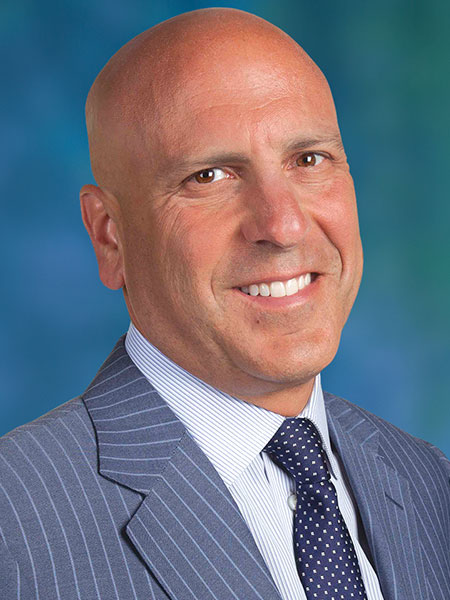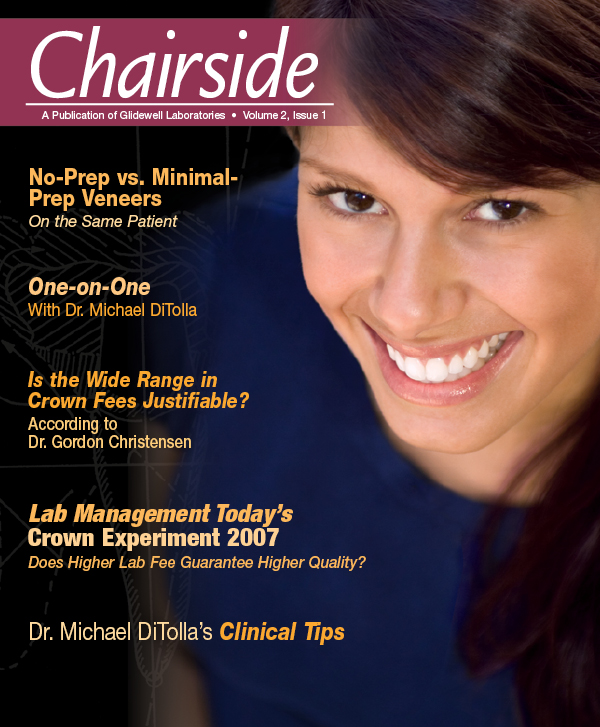Editor’s Letter
Is there anything we do on a daily basis in our offices that is as important to patient satisfaction and comfort as our injections? Early in my career I learned firsthand how important a painless injection could be. When I graduated from dental school at the age of 22, I still had all of my hair and looked too young to be a dentist. When I came back to Southern California after graduation I practiced with my father for the first three years of my career, still one of the most rewarding professional experiences I have had.
I was surprised how many patients wanted to see my dad instead of me. Many times I would do the examination and the patient would go to the front desk to schedule the appointment, and would schedule the two crowns with Dad rather than me. I turned my focus to winning over those patients. Dad only had one chink in his dental armor: his injections.
My dad hated topical and he could empty a carpule faster than I can load one. The amount of fast twitch muscles in his thumb were mind-boggling and when he emptied that carpule in less than two seconds, patients would levitate. I saw my chance to win over the doubters, who were stuck having to have their broken tooth prepped for a crown on Dad’s golf day. My interests in topical were both academic and sophomoric: I found it worked as well on patients as it did on my dental school roommate’s coffee cup rim. What other dental product opens the door to so many practical jokes?
I began to brag to patients I could give them a practically painless injection, and it worked! My crown preps took three times longer than my dad’s, but it would be a levitation-free procedure. However, painless anesthesia technique does not necessarily equal profound anesthesia technique, and I believe as dentists we owe it to the profession and to our patients to continue to search for better techniques to make dentistry more effective and compassionate.
I hope you enjoy this month’s interview with Dr. Alan Budenz where he makes a compelling case for all of us to learn the Gow-Gates mandibular block. Just because we have made it this far in our careers without it does not mean we should stop striving to provide better dental techniques for our patients. And as I always say, if you don’t have access to a prison population, you may want to perfect these techniques on in-laws and staff members. Remember: there is always a price to pay, especially for free dentistry!

Yours in quality dentistry,

Dr. Michael C. DiTolla
Editor-in-Chief, Clinical Editor
mditolla@glidewelldental.com


